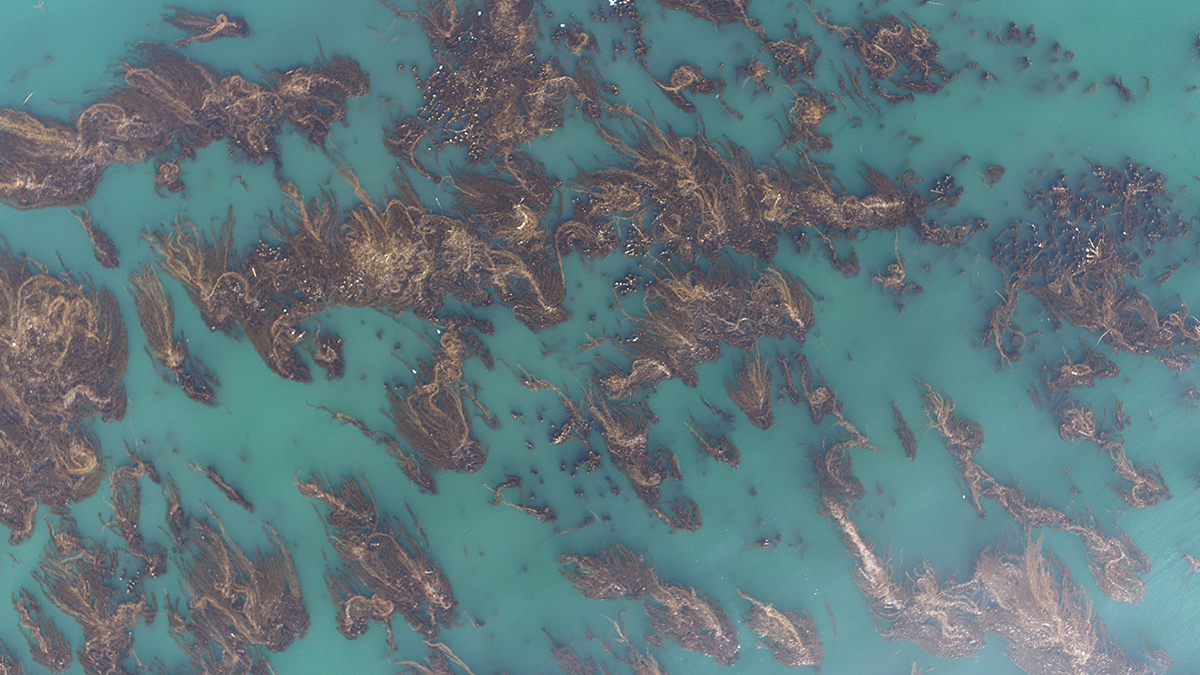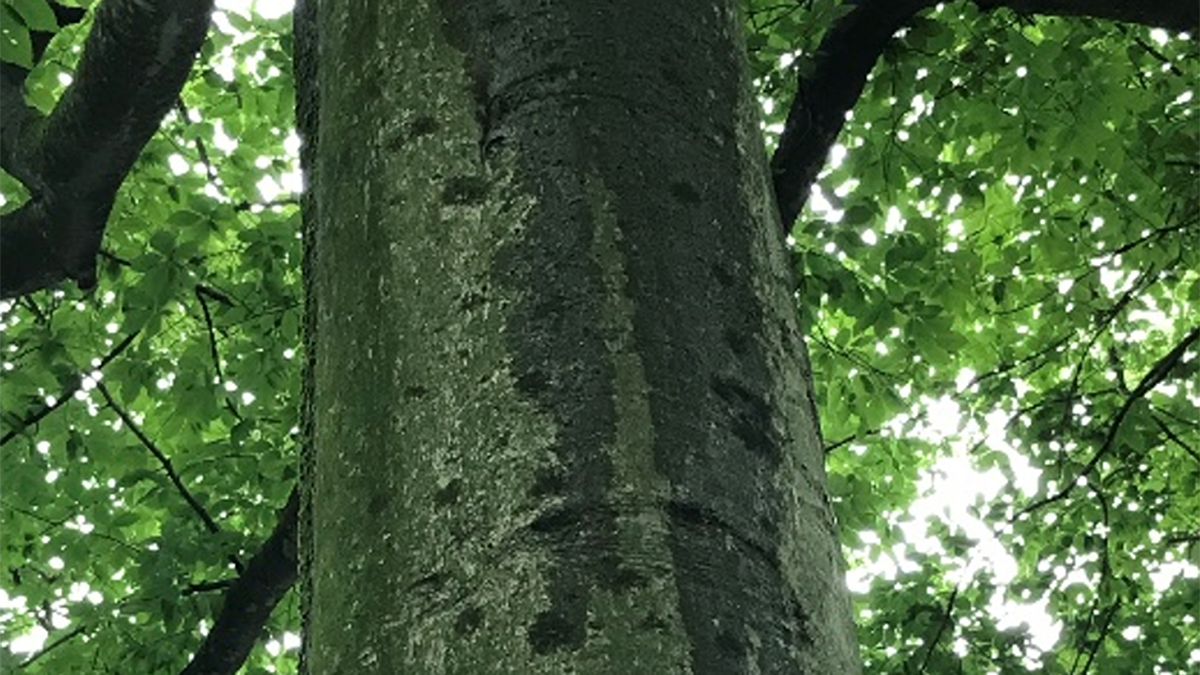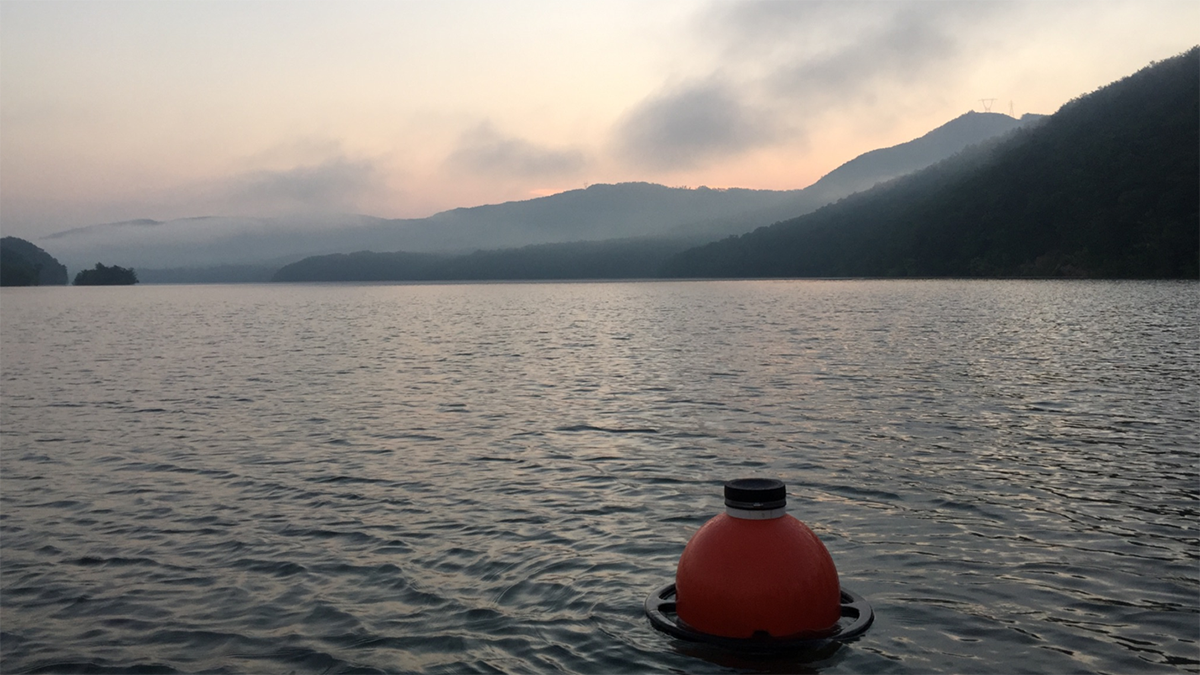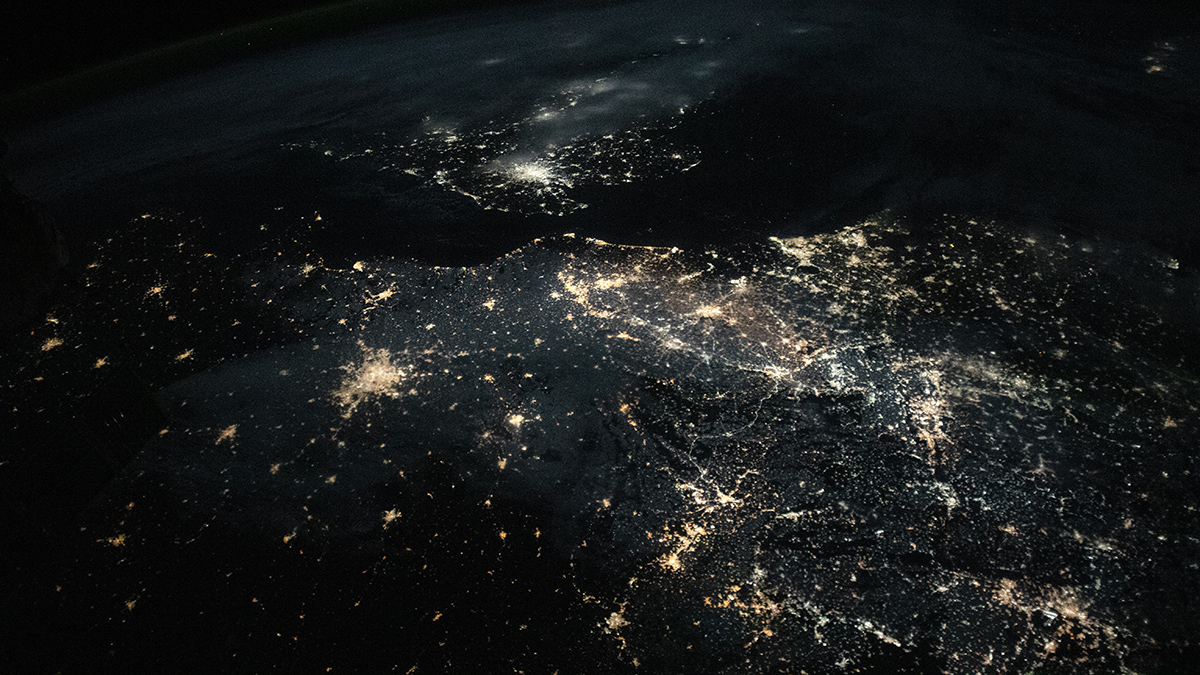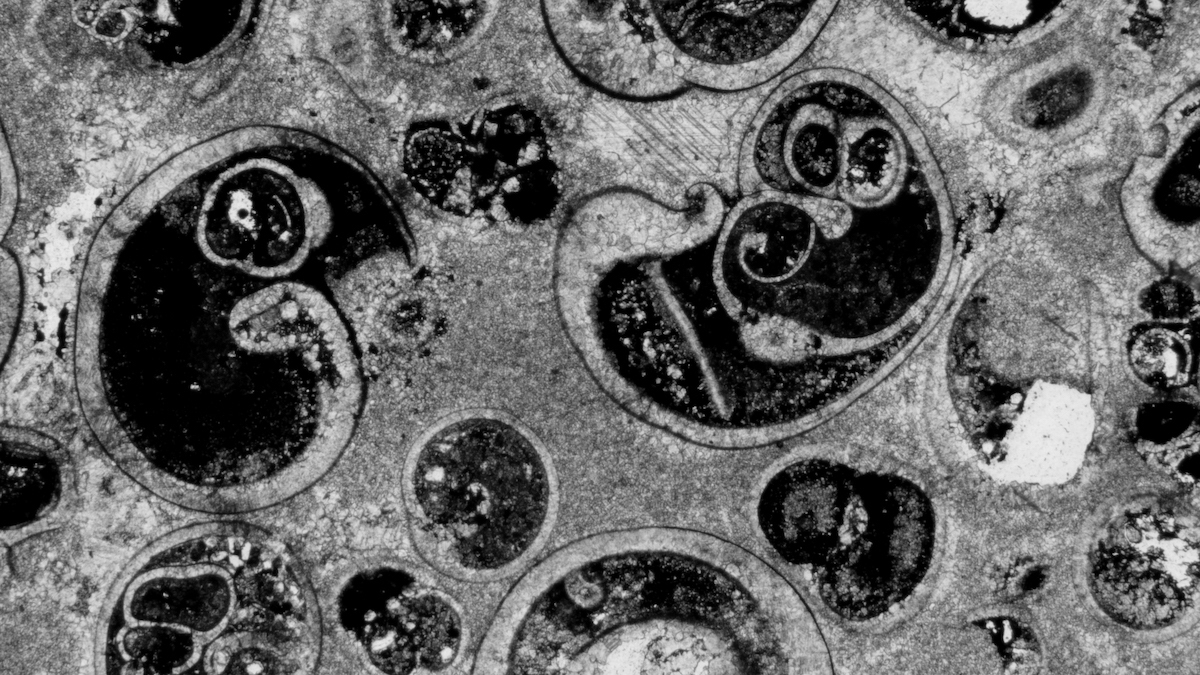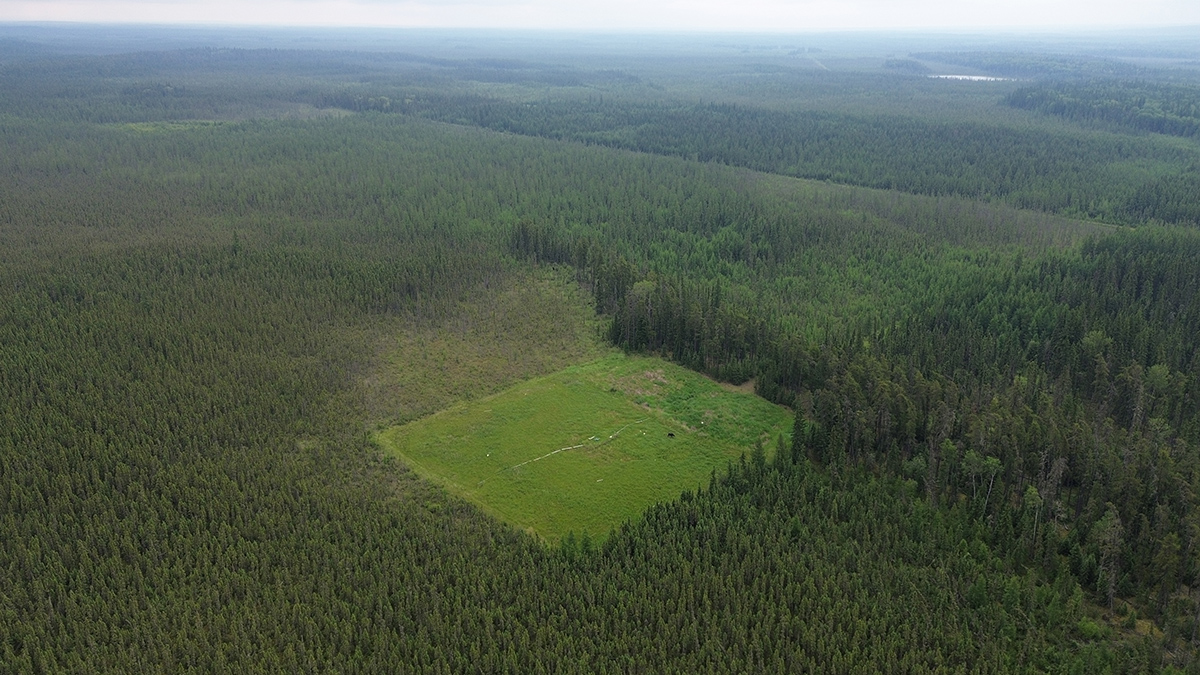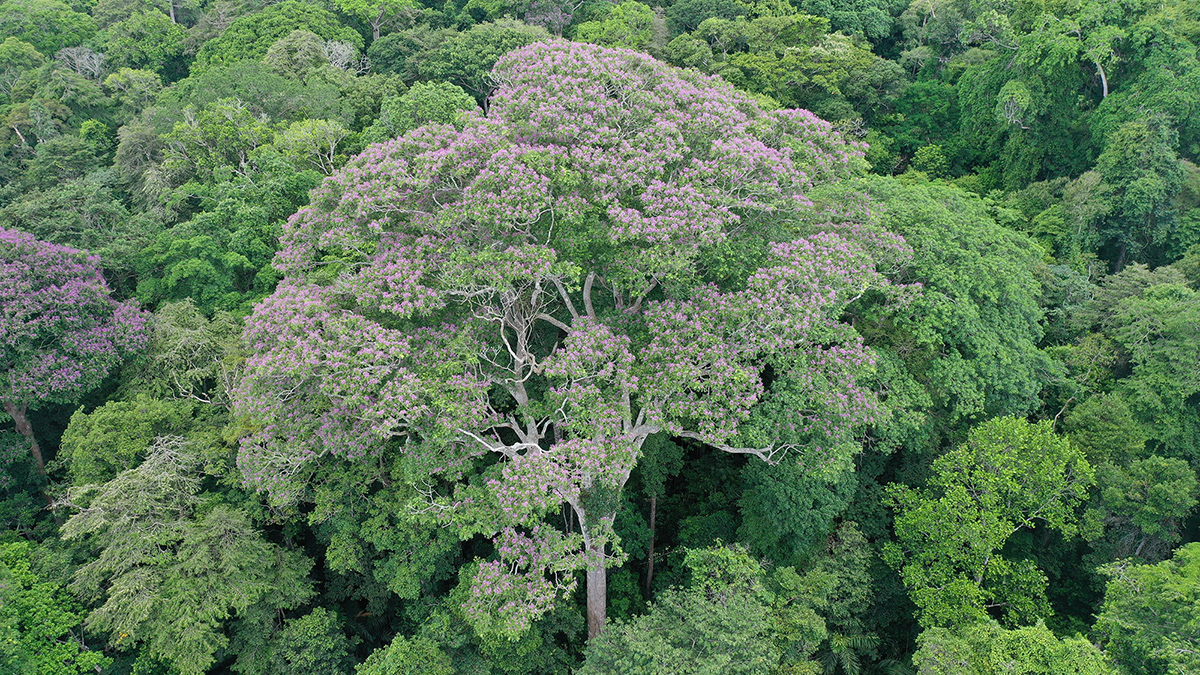Kelp forests are under increasing stress as oceans warm, but decades of satellite data have revealed the importance of maintaining fishing-restricted areas for climate resilience.
ecology
Waterworks on Tree Stems: The Wonders of Stemflow
Stemflow hydrodynamics offers rich physics that seeks to describe water and matter cycling within the atmosphere-biosphere-geosphere with implications for water resources planning.
Advances in Ecological Forecasting
AGU and ESA invite contributions to a cross-society special collection on ecological forecasting across ecosystems and scales.
Artificial Light Lengthens the Urban Growing Season
New research shows that artificial light at night lengthens the plant growing season in cities, overshadowing the effect of high urban temperatures.
Biomass and Biodiversity Were Coupled in Earth’s Past
Measuring shells and skeletons encased in thousands of limestone samples has revealed that the sheer amount of living stuff in Earth’s oceans changed alongside the diversity of organisms.
Surface Conditions Affect How Mosses Take to Former Well Pads in Canada’s Boreal Fens
With the help of key moss species, a new approach aims to restore the fens of the Western Boreal Plain.
Algunos árboles tropicales se benefician de los rayos
Dos imágenes muestran el mismo árbol, antes (izquierda) y después (derecha) del impacto de un rayo. En la imagen de la derecha, el árbol no está cubierto de enredaderas leñosas y algunos de los árboles que lo rodean han muerto.
Some Tropical Trees Benefit from Lightning Strikes
Direct lightning strikes cause minimal damage to Dipteryx oleifera. But these same strikes effectively kill parasitic vines and neighboring trees that compete with the species for light and nutrients.
Los incendios forestales amenazan los suelos volcánicos de los Andes peruanos
Los frágiles ecosistemas de las tierras altas mostraron baja resiliencia a los incendios, lo que los hace más vulnerables a la degradación a largo plazo.
Investigadores cuantifican el impacto de los animales en la transformación de la Tierra
Los animales salvajes utilizan 76,000 gigajulios de energía—el equivalente a cientos de miles de monzones o inundaciones—moldeando los ecosistemas terrestres y de agua dulce de nuestro planeta.

